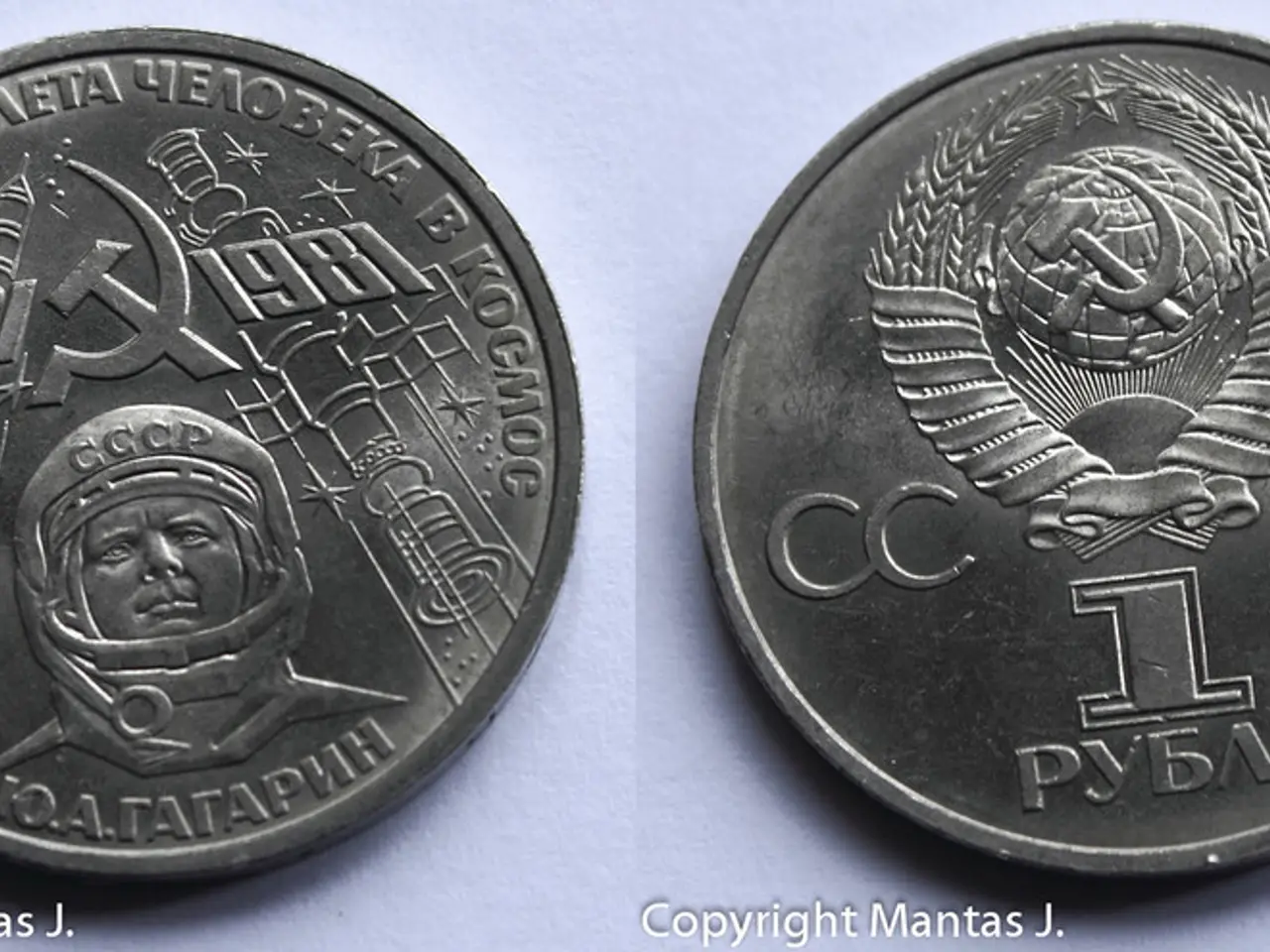Fidelity Invests in Blockchain Technology, Launches Tokenized Government Bond Fund
In a significant move towards the digital future, Fidelity's Digital Interest Token (FDIT) has made its mark in the blockchain industry. This innovative product, a blockchain-based representation of U.S. Treasuries issued on Ethereum, has already amassed over $200 million in assets.
The FDIT, which began operating in August, focuses exclusively on U.S. Treasuries and cash. Each FDIT corresponds to a single share of the Fidelity Treasury Digital Fund (FYOXX). The Bank of New York Mellon serves as the custodian of the Fidelity Treasury fund.
Industry analysts view Fidelity's entry into tokenized products as an important step towards accelerating institutional involvement. Traditional asset managers are becoming more willing to explore digital-native solutions for long-established investment instruments due to the growing recognition of blockchain applications.
The FDIT product comes with a 0.20% annual management fee. Despite its early stages, the tokenized Treasury segment is attracting substantial competition. Several major firms, including Franklin Templeton, WisdomTree, and BlackRock's BUIDL fund, which manages over $2 billion in assets, offer similar blockchain-based products.
However, the FDIT currently has only two holders, with one investor controlling the vast majority of the supply. Interestingly, the only investor controlling the majority of FDIT shares is a strategic investor from the Asian region who also has existing business activities in the relevant sector.
Fidelity's belief in integrating blockchain rails into mainstream finance can enhance operational efficiency and broaden participation in digital securities. This belief is reflected in the introduction of the FDIT, which reinforces the credibility of blockchain as a tool for mainstream investment services by providing blockchain-native access to U.S. Treasuries.
Fidelity's reputation and global reach may help draw further attention to the digital asset class and support a faster path to institutional adoption. The company has filed with the U.S. Securities and Exchange Commission (SEC) seeking approval for an on-chain share class.
A report from McKinsey suggests the long-term potential of blockchain integration into traditional financial instruments. The emergence of Fidelity in this competitive market strengthens the momentum behind tokenization initiatives. Market experts predict strong growth in tokenized securities over the coming years, with the market for these assets potentially surpassing $2 trillion by 2030.
In conclusion, Fidelity's foray into the world of tokenized U.S. Treasuries signals a promising future for blockchain in mainstream finance. The growing recognition and adoption of blockchain applications by traditional asset managers like Fidelity are indicative of a shifting landscape in the financial industry. As more institutions embrace blockchain technology, we can expect to see a surge in the adoption of digital securities in the years to come.







